Discover projects that span across Texas
Edwards Aquifer Dependent Species | Migratory Landbirds | Red River Planning Tool | Rapid Rainfall & Freshwater Mussels
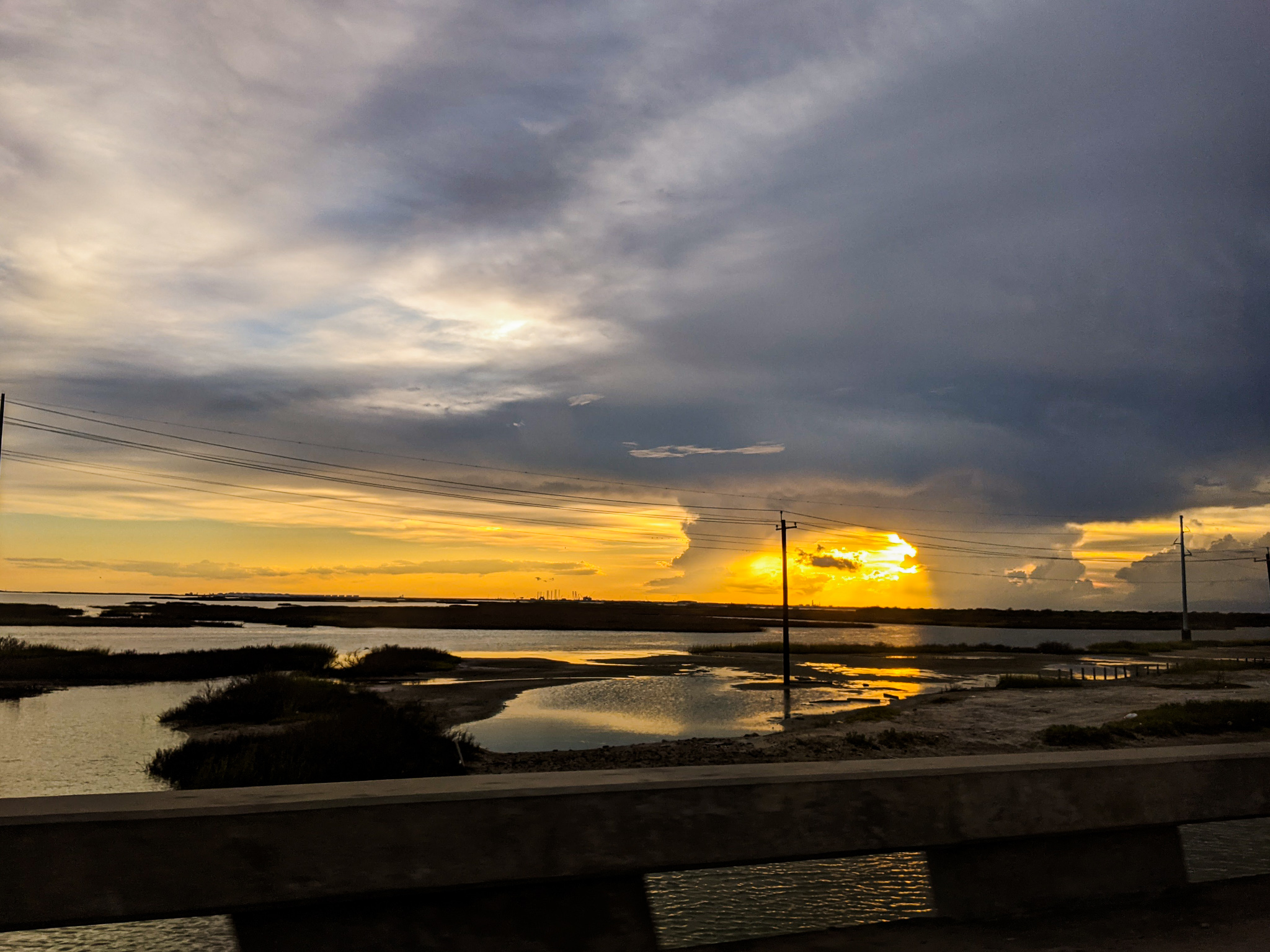
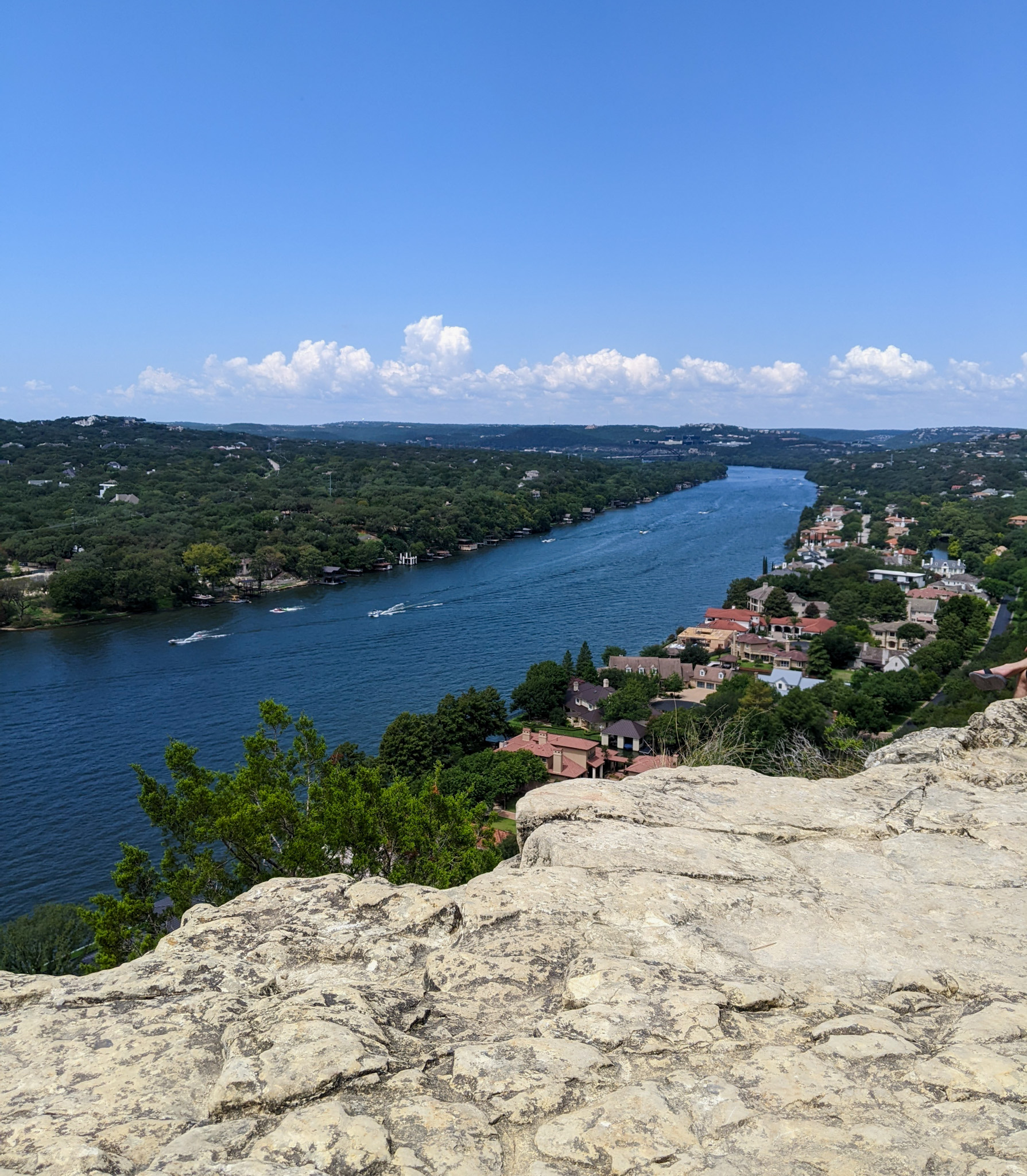
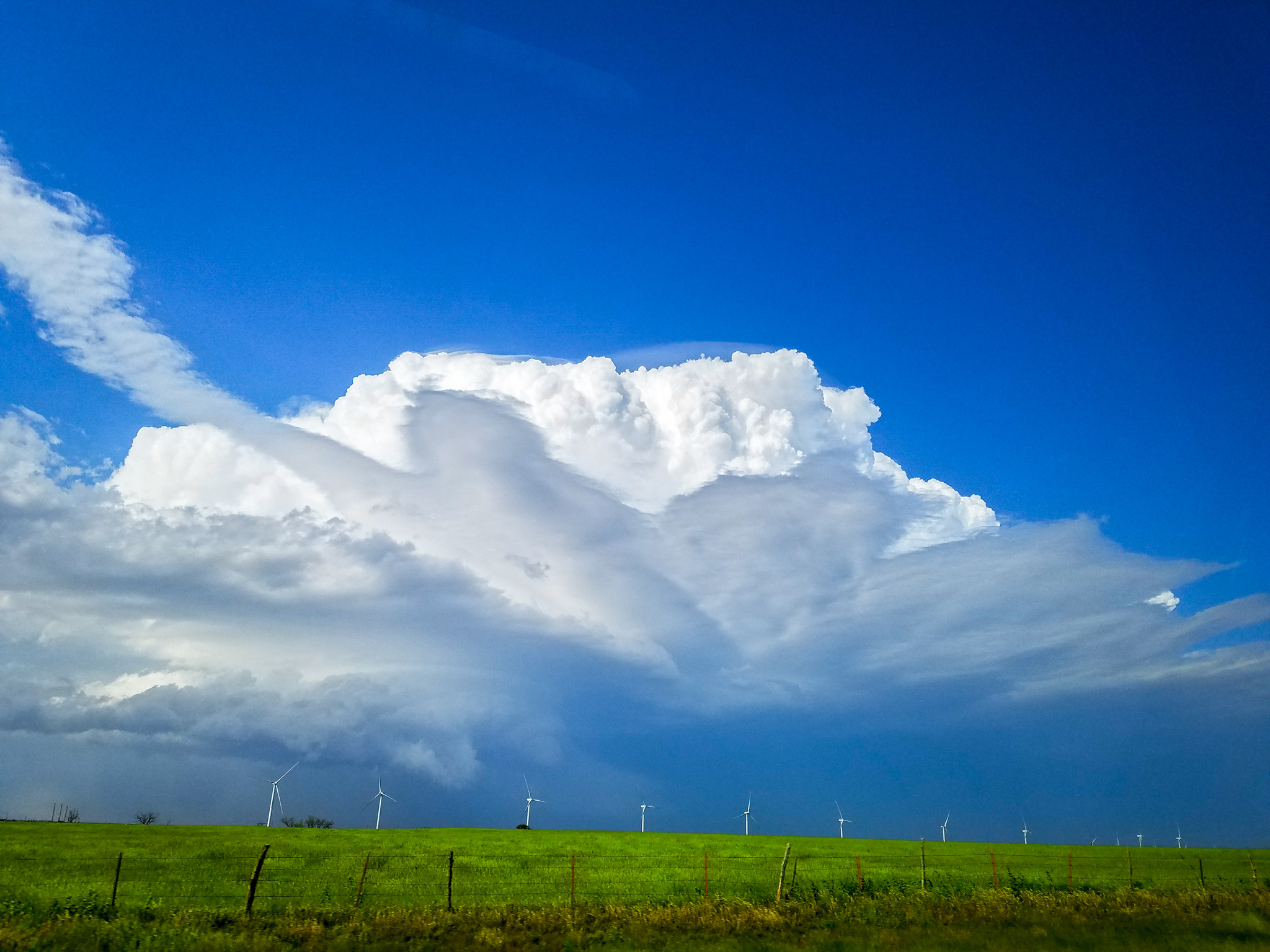
Assessing Future Climate Impacts on Threatened and Endangered Groundwater Dependent Species in the Edwards Aquifer Region
Primary Investigator: Ali Mirchi (Oklahoma State University)
Funded Fiscal Year: 2021
Status: In Progress
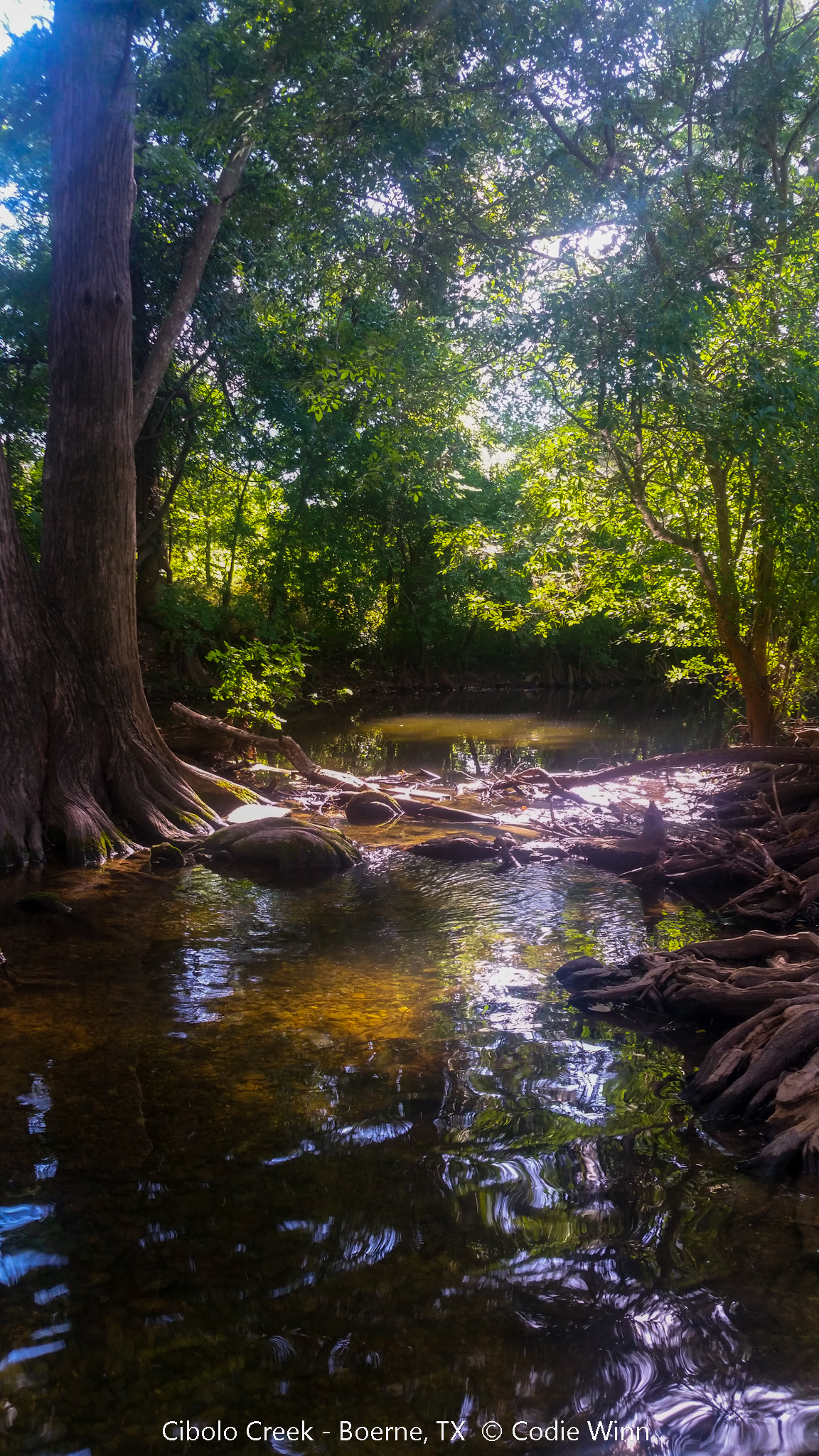
In the next several decades, there will likely be an increase in temperatures and evapotranspiration in the south-central Texas region, likely impacting the Edwards Aquifer. This team will produce cutting-edge artificial intelligence models and climate data products to project potential severe drought occurrences to better understand how the Edwards Aquifer system may respond to future climate variability. They will assess the effectiveness of existing habitat conservation measures in protecting ecologically sensitive spring flows to determine if any adjustments might be needed to sustain the spring flows required in maintaining aquatic habitats during future droughts. The results will evaluate climate impacts in support of the renewal application for the Federal Incidental Take Permit of the Edwards Aquifer Habitat Conservation Plan, which will expire in 2028.
Webinar: NA
Adapting to Climate Change: Trends and Severe Storm Responses by Migratory Landbirds and Their Habitats
Primary Investigator: Theodore Zenzal (USGS Wetland and Aquatic Research Center)
Funded Fiscal Year: 2020
Status: In Progress
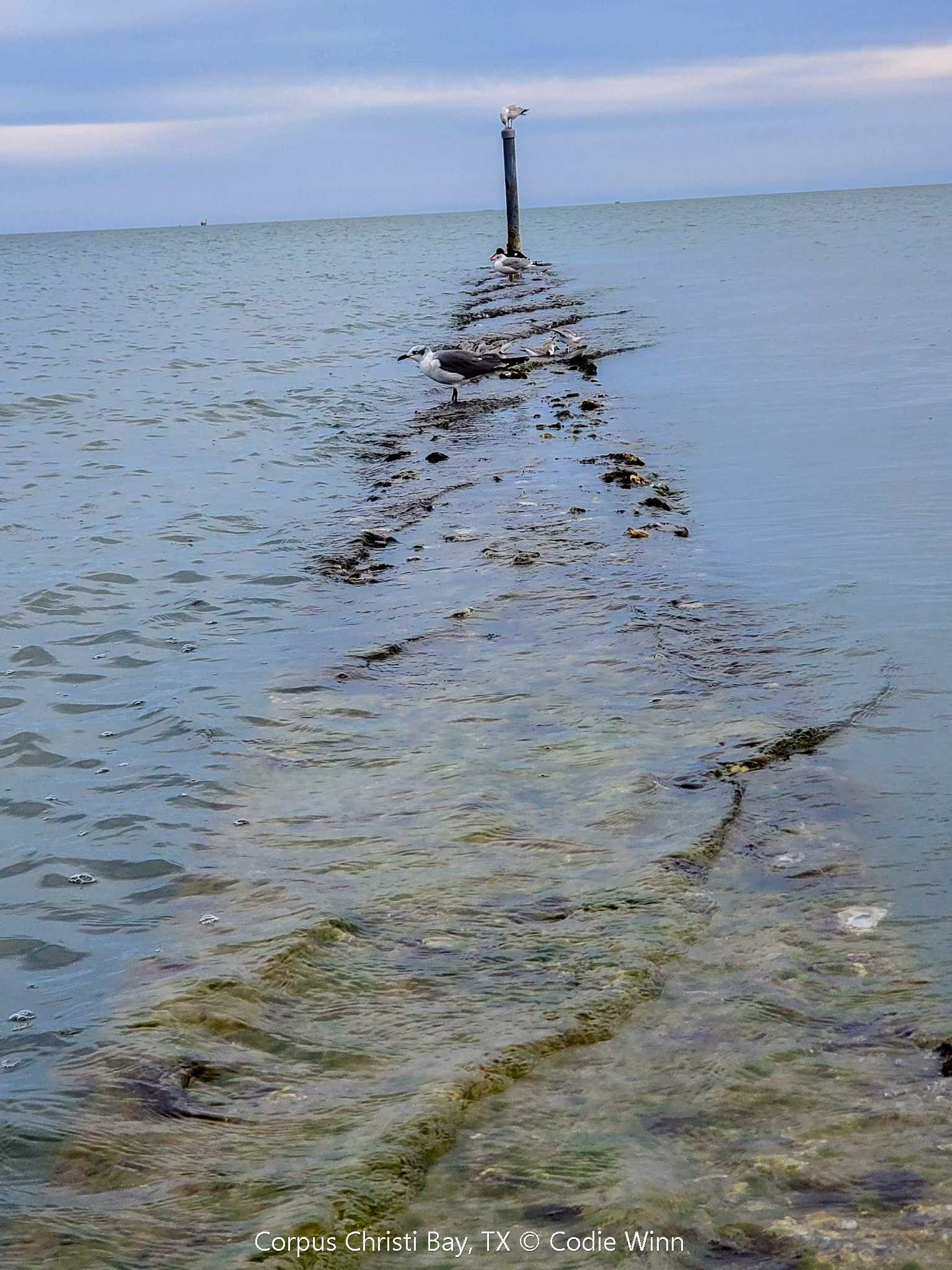
Over two-thirds of North American migratory land-birds use the Texas and Louisiana region as a “stopover” on their route towards Central and South America. The project team is investigating how climate change impacts the patterns and habits of these migrating land birds, as well as the stopover habitats. Weather surveillance radar observations of birds departing stopover habitats from the past 25 years will be measured to assess the migration response to climate change. This data will inform the mapping of current and future stopover distributions across Texas and Louisiana, which will help resource managers in restoration and conservation efforts.
Webinars: NA
Enhancing a Spatial Planning Tool to Inform Management of Reservoir Fisheries, Stream Flows, and Societal Water Needs in the Red River
Primary Investigator: Thomas Neeson (University of Oklahoma)
Funded Fiscal Year: 2022
Status: In Progress
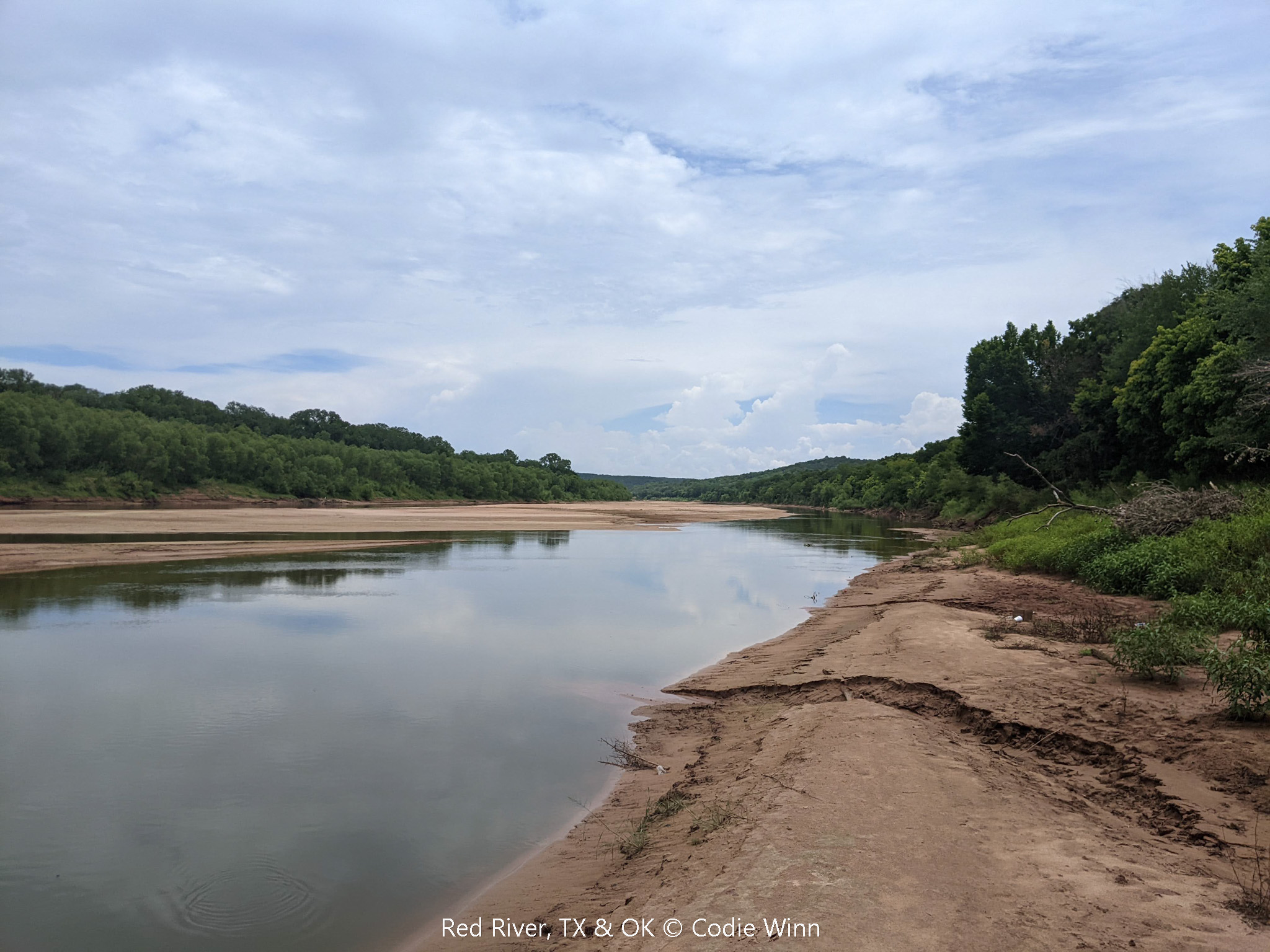
Reservoir fisheries and river ecosystems provide a range benefits. Climate change complicates finding a balance between societal uses, reservoir storage, and river flows. Over the last several years, the project team has leveraged previous South Central CASC simulation models and data to build the existing spatial planning tool for balancing societal water needs and stream flows. This project extends that work to explicitly model the impacts of water use and climate on fish in reservoirs and streams. This integrated modeling framework will allow stakeholders to identify water sustainability strategies resilient to future climate uncertainty and maximize the potential for balancing societal water needs, reservoir fisheries, and stream flows.
Webinar: NA
Assessing the Impacts of Rapid Rainfall Shifts (“Whiplashes” and “Boomerangs”) on Freshwater Mussels in Central Texas
Primary Investigator: Elinor Martin (University of Oklahoma)
Funded Fiscal Year: 2019
Status: In Progress
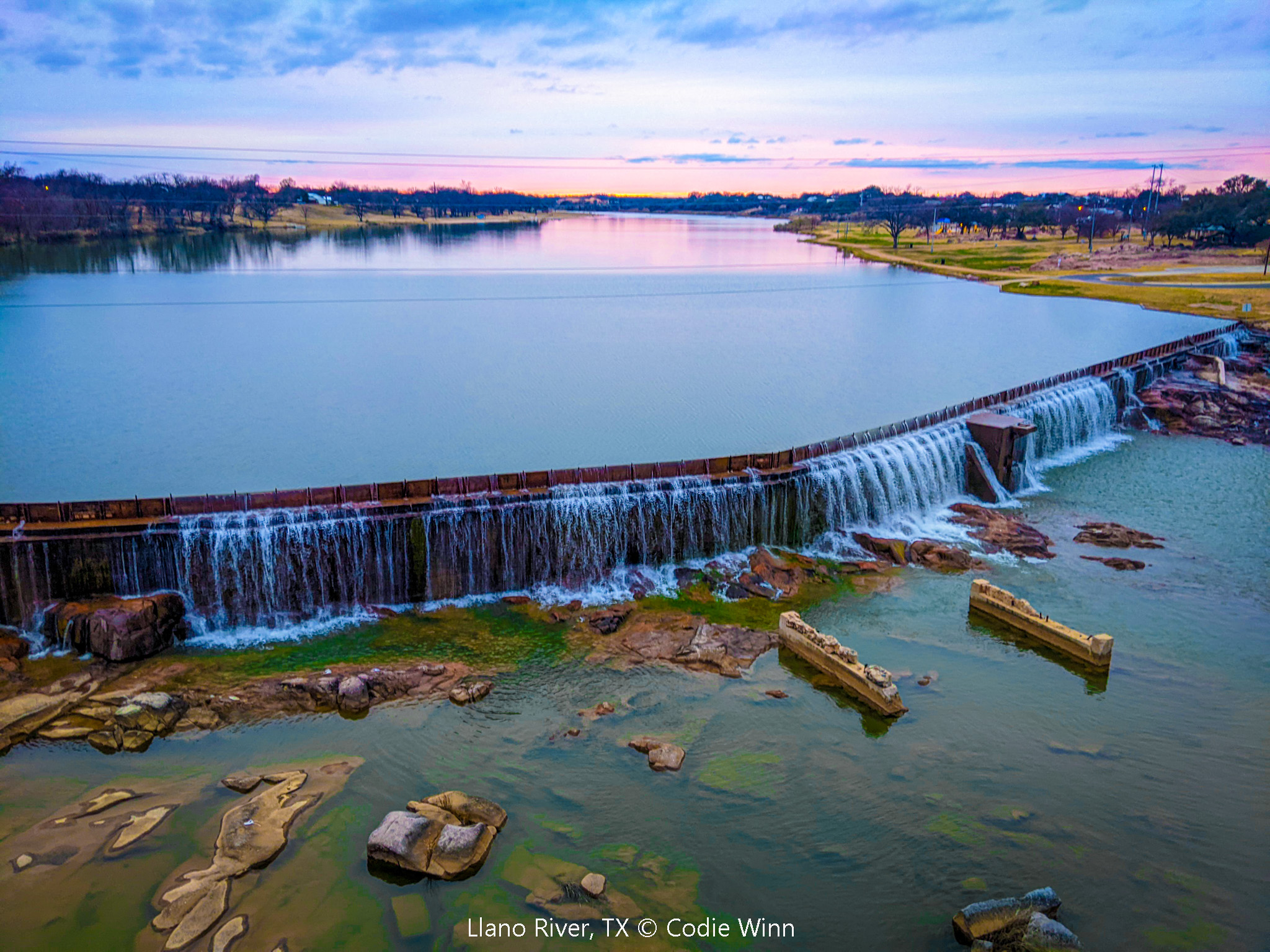
This project examines the occurrence of extreme precipitation events, such as rapid transitions between droughts and floods, to understand how these episodes impact freshwater mussels, such as the Texas Hornshell. A Texas mussel species found along the San Saba and Llano River currently listed as endangered under the Endangered Species Act. An analysis of Rainfall, river data, and models with knowledge of mussel ecology will provide resource managers with outlooks and information that will inform decisions for short-term use and long-term planning during large precipitation variability. The scientific outcomes could be applied to other regions or species as well.
Webinar: NA
Other webinars of interest to Texas:
May 12, 2022 – Assessing Climate Variability & Adaptation Strategies for the Rio Grande Basin by Dr. Samuel Sandoval Solis.
Texas State Visit Summaries
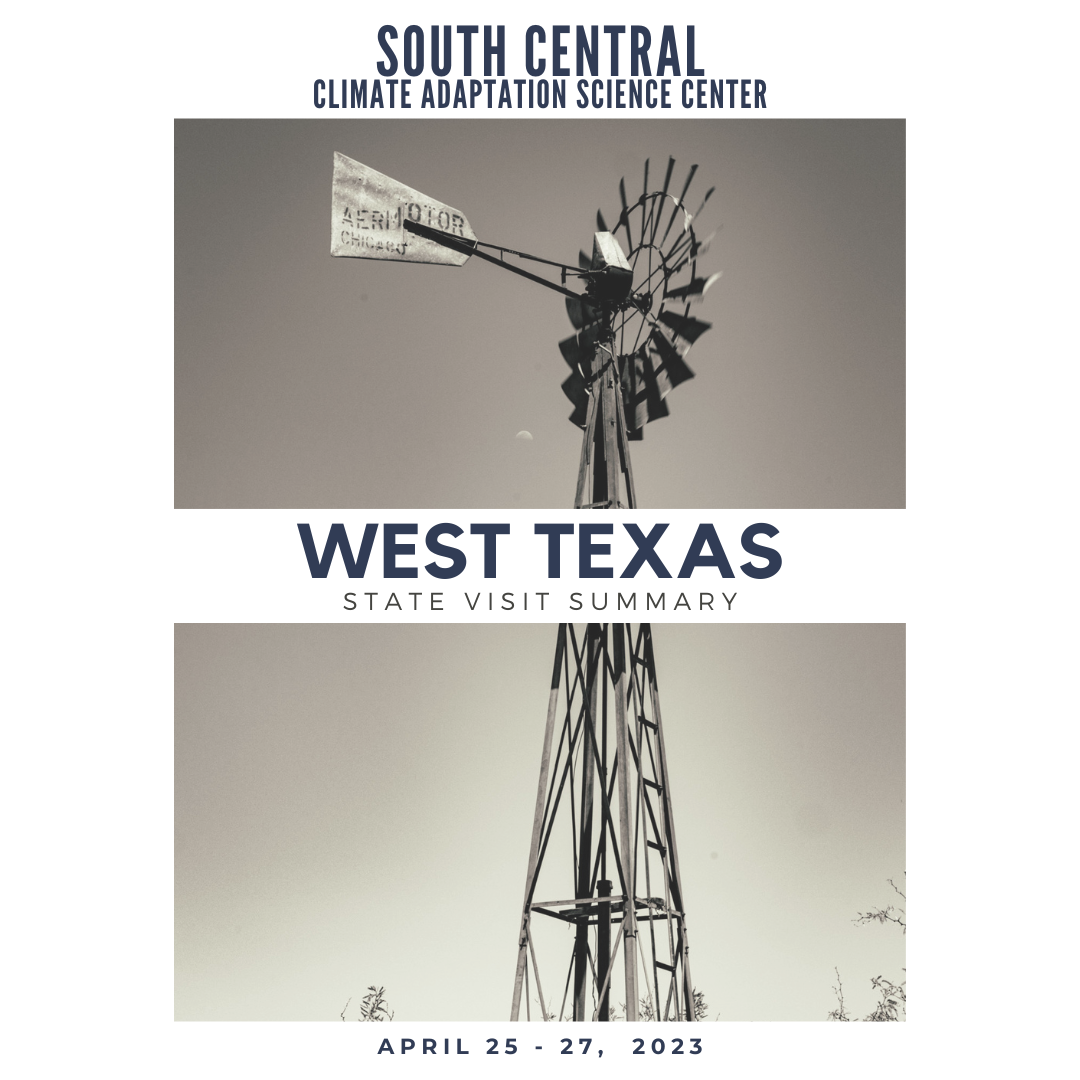
West Texas
April 25 – 27, 2023 – A small team of staff members from the South Central CASC conducted a state visit to West Texas from April 24-27, 2023 to meet with researchers from Texas Tech University (TTU) in addition to resource managers from Rio Grande Joint Venture (RGJV) and Big Bend National Park (BBNP). This visit provided the opportunity for the staff to learn about the impacts of climate change experienced in the region, understand climate-related research needs, explore areas of collaboration, and meet new partners. This report provides an overview of climate-related activities, research needs, and summaries from meeting notes.
West Texas Trip Summary